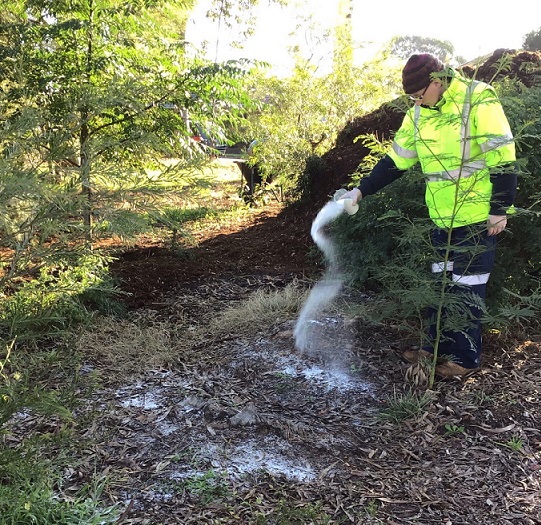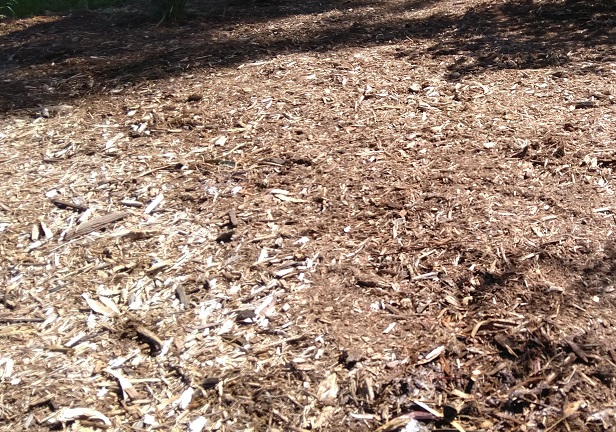
A sweet way to manage weed infestations near Liverpool is showing promising results.
The successful trial using sugar to get rid of weeds at Wattle Grove Lake now looks set to become the norm.
A scientific study conducted by the CSIRO found sugar reduces seed germination rates of some herbaceous weeds, helping native groundcovers establish and survive.
Liverpool Council used sugar in the trial at the Wattle Grove Lake site, which was selected as it is known for Bidens pilosa (Farmer’s friends) infestation.
“We want to retain our native vegetation and Bidens pilosa is a common weed that is easily spread by human activities and can outgrow native plant species,” says Liverpool mayor Wendy Waller.

“The bush regeneration team has an integrated approach to weed management and are trialling methods that are better for the environment and less labour intensive.”
Two test plots were established side-by-side and the trial areas were weeded and mulched to establish a baseline for the treatment.
One test plot was treated with a thin layer of white sugar before being mulched.
Sugar was reapplied to the treatment plot every three months and within the first three months, only a few Bidens pilosa plants were present, and at six months no Bidens were germinating.
“The results from the test plots in Wattle Grove Lake are promising,’’ Cr Waller said.
“By reducing the use of harmful herbicides it leads to more economical means of weed control.
“The team is applying this methodology across several other locations and will continue monitoring their progress over the coming months.”



